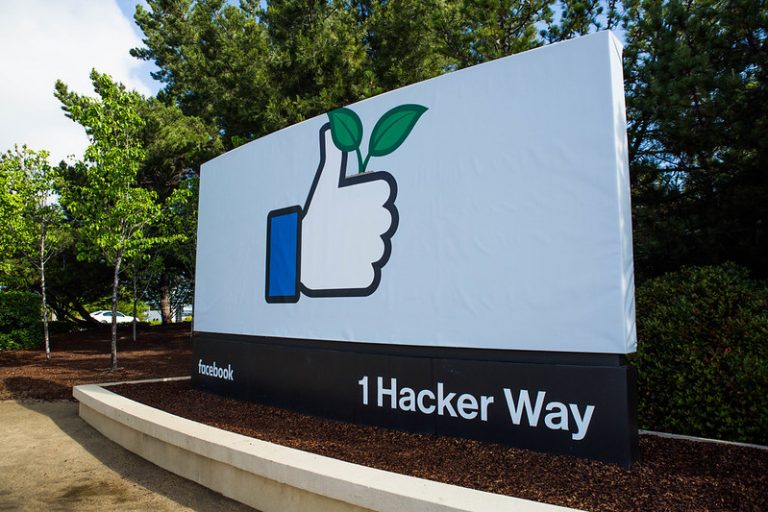 EMERGING TECH
EMERGING TECH
 EMERGING TECH
EMERGING TECH
 EMERGING TECH
EMERGING TECH
Facebook Inc. today open-sourced a set of artificial intelligence models capable of reliably navigating indoor environments without a map, a breakthrough the company hopes will pave a path to smarter robots and voice assistants.
AI-powered systems such as industrial robots require a map of the environment in which they operate to avoid taking wrong turns. The problem is that obtaining a perfectly up-to-date room layout is in many cases impossible.
“Most real-world environments evolve — buildings and structures change, objects are moved around, and people and pets are in constant flux,” Facebook researchers Abhishek Kadian and Erik Wijmans explained.
The goal, therefore, would be to equip robots with the ability to navigate an environment independently using only their onboard sensors. Facebook claims the models it open-sourced this morning represent a big step toward achieving that goal. In tests conducted by the social network, the algorithms managed to reach the target designation 99.9% of the time using only a camera, a compass and GPS.
Facebook’s Kadian and Wijmans wrote that this achievement “essentially solves” the Habitat Challenge, a model development contest Facebook launched last year to advance research into autonomous navigation. The previous top-performing AI achieved an accuracy of 92%.
Beyond reducing wrong turns to nearly zero, “our agent also shows the ability to make intelligent choices, such as picking the correct fork in the road,” the researchers wrote. They provide an example where “the agent’s compass indicates its goal is straight ahead. But it sees there are walls ahead and on the left, so it correctly determines that right is the optimal direction.”
Facebook developed the AI using a new training method it calls DD-PPO that is being shared with the open-source community as well. Going forward, the social network’s next goal will be to develop an even more sophisticated model that can achieve similar results using only a camera, without needing compass or GPS data.
Truly autonomous navigation algorithms would be useful in quite a few areas. The technology could, for instance, enable the development of domestic robots that can navigate to a specific room and carry out a task such as fetching the user’s bag. A voice assistant imbued with positional awareness, in turn, could gain the ability to answer questions such as “Is my laptop on my desk?” and other location-related inquiries.
Support our mission to keep content open and free by engaging with theCUBE community. Join theCUBE’s Alumni Trust Network, where technology leaders connect, share intelligence and create opportunities.
Founded by tech visionaries John Furrier and Dave Vellante, SiliconANGLE Media has built a dynamic ecosystem of industry-leading digital media brands that reach 15+ million elite tech professionals. Our new proprietary theCUBE AI Video Cloud is breaking ground in audience interaction, leveraging theCUBEai.com neural network to help technology companies make data-driven decisions and stay at the forefront of industry conversations.